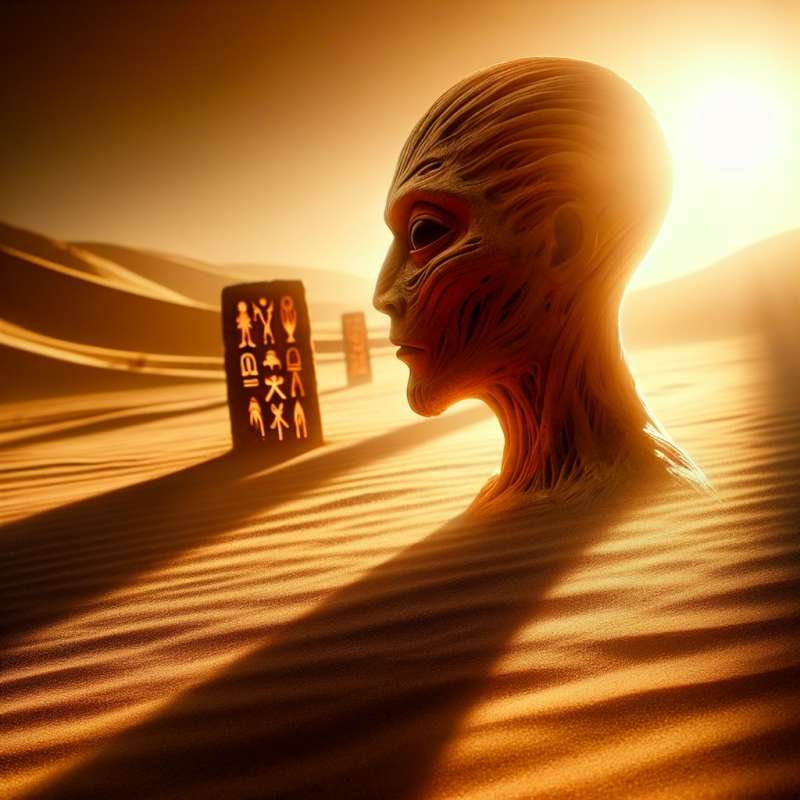
Lucifer: Christian Tradition
In Christian tradition, Lucifer is often equated with Satan, the fallen angel. His name means 'Light Bringer', reflecting his original status as a high-ranking seraph before his fall from grace due to pride.
Prometheus: Greek Mythology
Greek mythology's Prometheus shares Lucifer's rebellious nature. Defying Zeus, he stole fire from the gods to give to humanity, for which he was eternally punished, symbolizing enlightenment and the price of defiance.
Loki: Norse Antagonist
Norse mythology's trickster god, Loki, resembles Lucifer in his role as a challenger to the gods and a harbinger of chaos. Unlike Lucifer, Loki was not originally evil, but grew more malevolent over time.
Eblis: Islamic Lore
In Islam, Iblis (or Eblis) is a jinn who refused to bow to Adam and was cast out of heaven. His pride mirrors Lucifer's, and he becomes humanity's tempter, akin to the Christian Satan.
Angra Mainyu: Zoroastrianism
Angra Mainyu, in Zoroastrianism, is the destructive spirit who opposes Ahura Mazda (the good creator). He embodies chaos and destruction, analogous to the adversarial role Lucifer plays against God.
Set: Egyptian Chaos
Set, the Egyptian god of chaos, storms, and war, was associated with usurpation and disorder. He killed and mutilated his brother Osiris, an act that parallels Lucifer's rebellion and the disruption of divine order.
Pandora: Curiosity's Consequence
While not a direct equivalent, Pandora from Greek mythology shares a thematic connection with Lucifer. Her curiosity led to the release of all evils into the world, similar to the fall of Lucifer bringing sin to humanity.
What does 'Lucifer' mean?
'Bringer of Chaos'
'Light Bringer'
'Fallen Seraph'
Company